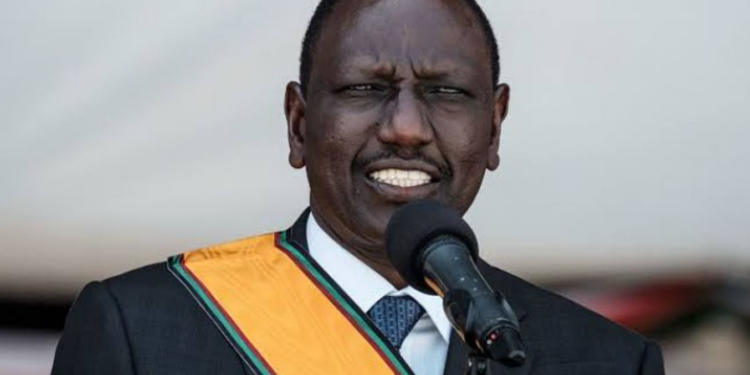The Kenyan president, William Ruto, has announced that his administration is poised to privatize 35 state-owned companies which he said are underperforming due to inefficiency in bureaucracy, according to BBC.
Ruto said his bid to privatize these companies is in sync with boosting productivity in the East African country. He further stated that about 100 companies owned by the government are under review for possible privatization.
Kenya is facing multiple economic challenges with a surging inflation rate and increasing debt burdens.
The IMF recently agreed on a loan of close to $1 billion and urged reforms in public sector firms including the power company and Kenya Airways, which suffered record losses last year.
According to the president, state-owned enterprises mired in bureaucracy will be able to attract more workers and fill the treasury with taxes if they are transferred to private hands.
- “We have identified the first 35 companies that we are going to offer to the private sector. We have another close to 100 we are working with financial advisers on what to do If we can unlock the potential of these would-be lucrative companies, especially those that are trapped in government bureaucracy, and allow them to flourish as private sector companies, they will employ more people, generate more resources and pay more taxes,” Ruto said.
Backstory
In October, the President signed a law with the objective of expediting the privatization of state-owned enterprises. This law grants the nation’s Treasury the right to sell companies without parliamentary approval.
The Privatization Commission has lined up 25 companies for state divestiture, including the Kenya Pipeline Company, the Kenya Ports Authority, the Kenya Tourist Development Corporation, the Consolidated Bank, the Development Bank of Kenya and the Agrochemical and Food Corporation.
According to the country’s budget office, privatization of public enterprises could generate an annual revenue of 30 billion shillings (about $196 million).
Kenya last privatized a state-owned firm in 2008 when it issued an initial public offering for 25% of the shares in telecommunications company Safaricom.

















